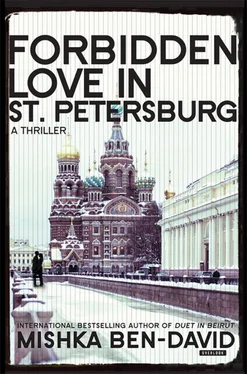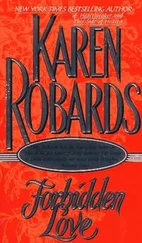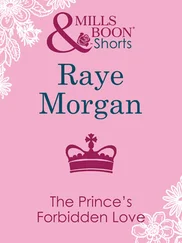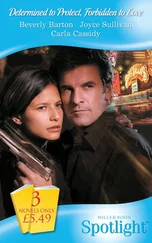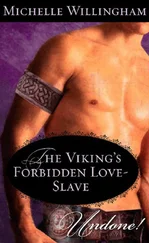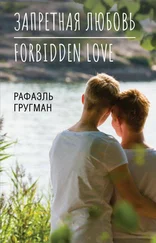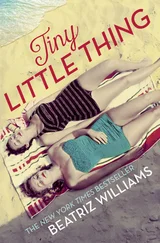Why on earth had I introduced myself in the first place, I wondered. This, after all, wasn’t a ‘getting to know you’ encounter. It was a solution to a seating problem in a restaurant. And indeed Anna herself seemed guarded, and limited the contact between us to a minimum.
But it was too late. I couldn’t suppress the pleasurable feeling that flowed from my palm through my arm and to my heart simply from the touch of her hand–soft and surprisingly warm for someone who had just stepped in from the bitter cold outside. Her almond-shaped green eyes with a brown fleck were remarkably beautiful.
The very subtle smell of a pleasant perfume drifted towards me. Unable to resist, I lifted the hand that had held hers up to my nose. An alluring fragrance of some sort of cream had been passed on from her to me.
She clocked my hand movement and concealed the slightest of smiles without even taking her eyes off her book.
When Vashkirova returned to the table, Anna ordered her usual bowl of soup and returned to her book. I, too, immersed myself in my reading. Dostoyevsky in English was hard going and my progress was very slow. In two weeks I’d managed to read only half the book’s one thousand pages.
My roast and her soup arrived at the same time. As we put our tomes down on the table, each took a peep at the other’s. To my surprise she was reading Saul Bellow’s The Adventures of Augie March .
Demons ? she asked, spotting the title on my cover.
I nodded.
She thought for a moment. With or without the chapter ‘At Tikhon’s’?
I don’t know, I said.
You can see if you look at the very end. Are the last words ‘bloody psychologist’?
I turned the heavy volume over. No, the last sentence is ‘our city’s doctors rejected the assumption that this was a case of insanity.’
Pity, said Anna. It was usual for that chapter to be deleted in editions published in the Soviet Union but I hoped that it would be restored in newer editions.
So I’m reading a thousand pages and when I’ve finished won’t know how the story ends?
Anna’s giggling made her eyes sparkle and around them numerous thin, laughter lines formed but despite these lines, she looked ten years younger. Her spoken English was good, surprisingly good.
No, no, she reassured me. The end is an end. But the deleted chapter is about Stavrogin’s confession which Tikhon doesn’t accept.
I asked her to explain.
Stavrogin tries to confess that he once raped a small girl but the priest refuses to accept his confession on the grounds that repentance can only be achieved by prolonged inner struggle, not by a single act.
I can see that you are a long way into the novel, she said, and by now you must have gathered that, through Stavrogin, Dostoyevsky tried to create the ultimate Russian image of the exiled revolutionary. Stavrogin was both a genius and wicked, and Dostoyevsky made him humble so as to make possible a religious absolution.
I stared at her in astonishment. No, I said, I hadn’t. Perhaps further on I would have understood. I saw the germs of his pride and hatred of man but never thought that it would end in confession, even humility.
Your understanding wasn’t bad, Anna grinned, a note of appreciation added to her smile. Are you trying to understand Russia through its literature?
It is one way, I answered, seeing as I’m already here. And are you trying to understand America by reading Saul Bellow?
Perhaps, she answered. It’s amazing how the Russian soul so differs from the American. Here they write heroic tragedies and there–heroic comedies.
I haven’t read The Adventures of Augie March , I said ruefully. I would have been delighted if I could have demonstrated a grasp of literature similar to hers. I’m familiar with his Seize the Day , which is fairly tragic, even if there is something a bit comic about the hero finding himself at a stranger’s funeral where he bursts into bitter tears lamenting his fate.
Yes, she said and then was silent for a moment, as if debating whether to continue the conversation. In the brief interlude she sipped at her soup.
Augie is searching for his destiny and freedom, becomes addicted to life–but won’t descend to the tragic depths that Stavrogin does. He won’t murder. His morality won’t allow him to cross red lines, she said finally.
For a moment we were both left lost for words, and Anna suggested that we eat before my roast and her soup got cold.
We ate in an almost forced silence. Anna interested me a great deal–her beauty, the solitude in which she was enveloped evening after evening, her rejection of the handsome young man’s advances, her literary understanding–who was she, what was she? An author? A literature lecturer? A woman waiting for her husband to return from abroad? And where does her very good English come from–aside from her habit, as in Russian, of not using the definite article and so causing occasional misunderstanding? And yet I knew that the more I dug the more she too would ask questions, and I had no interest in unveiling my story.
We finished eating, Vashkirova cleared our plates, I ordered coffee, and Anna asked for tea. As we again picked up our books Anna asked if I was a tourist. The question surprised me a little. It was hard to believe that she’d not noticed me before now so why would she think a tourist would eat in a neighbourhood restaurant like this every evening for several weeks.
I have a trading company here, a branch of a Canadian company, I told her.
More and more American businessmen are discovering Russia, she said, and I corrected her–I’m Canadian.
Yes, of course.
May I ask what you do, seeing that you know so much about literature?
I run a small bookshop, not far from here. Mainly works in Russian but there are also a few shelves of books in English. This, she said, pointing at her book, is from my shop.
Good to know, I said happily. I’ve been searching for English books but the only ones I found were in the city centre bookshops.
She didn’t react and didn’t invite me to visit her shop.
By the way, you said Gupta? Isn’t that an Indian name?
That’s right. My father was Indian. I was pleased that the dark shade of my skin hadn’t yet turned white beneath St Petersburg’s cloudy skies.
Anna gave me a somewhat searching look.
Yes, I can see that there is something Indian about you.
And then an urge to be mischievous grabbed me and took our relations one step beyond the necessary.
Forgive my asking, but am I seeing something East-Asian in you?
I didn’t think it was so obvious, she smiled. I had a Tatar grandfather.
The eyes, I said. Though actually they are more like Sophia Loren’s.
And in a note to myself I added that so far as I could remember Tatar eyes were not Asiatic-looking.
Anna’s face lit up. A Western woman would certainly have denied the comparison, but she was as happy as a kid in a sweetshop.
But Sophia Loren is gorgeous! Are you talking of Sophia Loren as she is today, in her seventies?
For me there is only one Sophia Loren, the one from my childhood. She is really beautiful and your eyes are very much like hers.
Thank you, thank you. I think you’ve made my day, said Anna, using an expression that sounded odd coming from her. And, as if to signal that we had crossed the boundary she had set for herself, she turned her beautiful eyes away from me and back to Augie March, leaving just a remnant of a smile of satisfaction in the corners of her mouth.
We sipped our drinks in silence, each absorbed in our reading. When Anna finished her tea, she signalled to Vashkirova, handed her the exact change, then got up, put her book into her bag, and formally offered me her hand to shake.
Читать дальше
